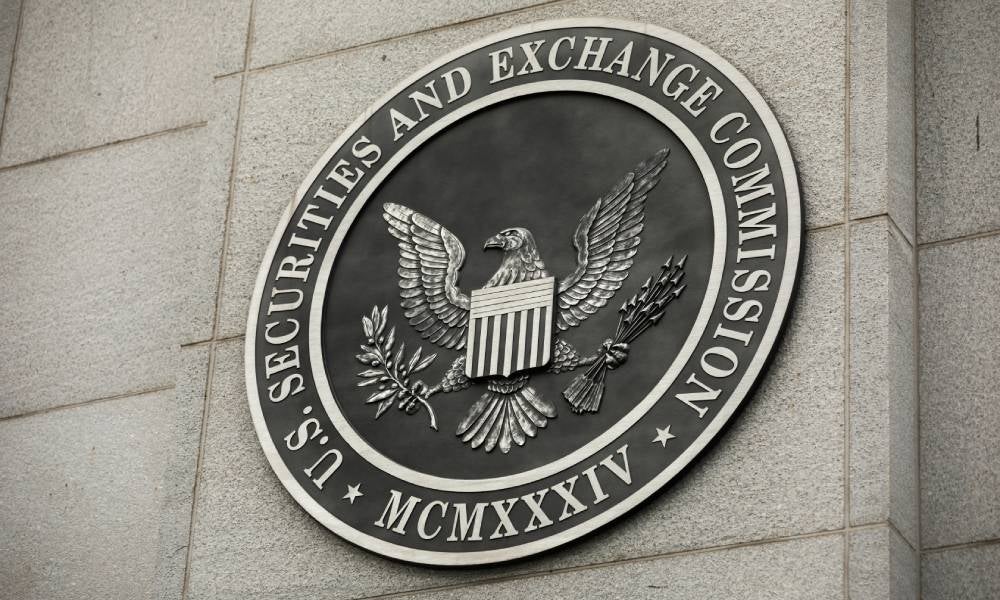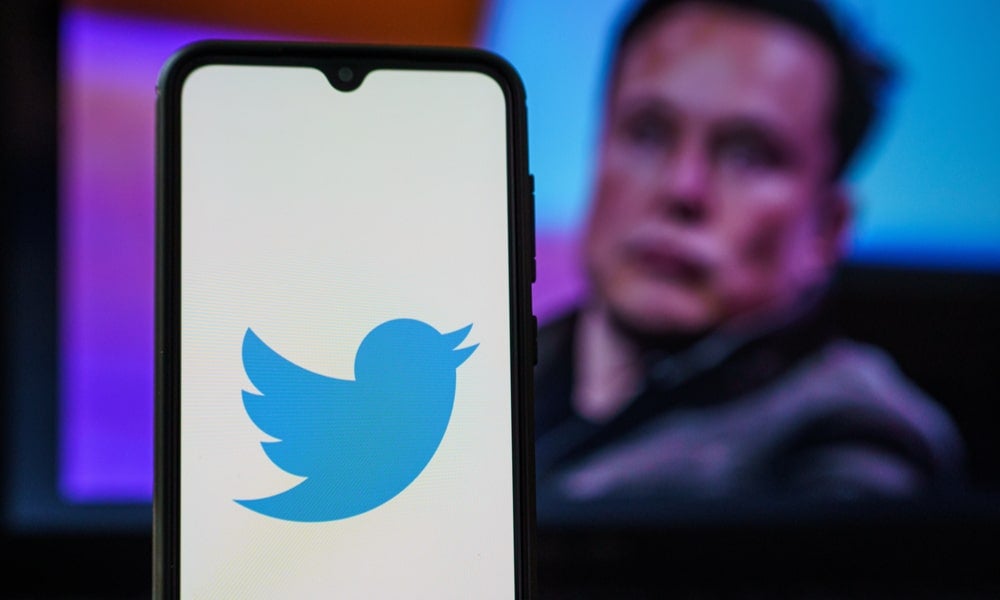Why has Elon Musk put his $44 billion Twitter takeover on hold?
Elon Musk’s bid to acquire Twitter has hit many roadblocks – the latest being concerns over fake, spam and bot accounts, writes UNSW Business School's Mark Humphery-Jenner
Elon Musk has put the deal “on hold” in order to verify the number of real accounts. He has also claimed that Twitter is stymieing his efforts to obtain information about bot accounts and that this alleged stonewalling breaches the merger agreement. Twitter has denied this and claimed that it will continue to work with Elon Musk to complete the deal.
Is Elon Musk just looking for an excuse to avoid the deal or lower the price, or does he have a point?
What is Elon Musk’s concern?
The crux of the issue is whether Twitter materially misled in its filings to the US Securities and Exchange Commission (SEC). Twitter claimed that 5 per cent of its users were fake/bots/spam. This was in their SEC filings. Under Section 4.6 of the Merger Agreement, Twitter represented that these filings were accurate. However, Elon Musk has raised concerns about both the number of spam accounts and how Twitter estimated it. His quest for information is to determine whether Twitter’s filings were accurate.
Elon Musk is right to be able to demand such information. This is not only to determine whether Twitter’s SEC filings are accurate (i.e., per Section 4.6). Under Sections 6.4 and 6.11, Twitter must provide information that is necessary to consummate the deal. This includes information necessary to finalise financing. Twitter’s financial prospects could logically relate to debt terms. It is also – as indicated in his letter to Twitter – core to an orderly takeover transition.
This is important. If Twitter has a materially larger number of bot accounts than it represented, he might claim the contract is “void ab initio” (i.e., never binding) as they had duped him about the quality of the company. Alternatively, he might argue that Twitter had breached an essential term of the contract (that the filings were accurate).
Read more: Twitter demonstrates why poison pills are bad for shareholders
Alternatively, if Twitter tries to force him to finalise the deal, he could counter-sue for loss or damage suffered by virtue of being duped. Under SEC Rule 10b-5, companies – and people – must not make misleading statements, or omissions, in relation to financial security.
To ground a case under Rule 10b-5, Elon Musk will need to show the following: Twitter’s SEC filings about bots were misleading. This materially impacted market prices. Elon Musk relied on these statements when buying shares. And, should the deal be consummated, when doing the deal. And, Twitter knew (or possibly, was reckless) that the statements were untrue.
It is important to address red herrings: Under the merger agreement, he can walk away from the deal, and pay a break fee, if there is a material adverse event. But, this is a red herring. We are not talking here about a material adverse event: such an event would occur after the deal is signed and pertains to a significant worsening in the economics. It is an entirely different matter to allege that Twitter misled investors in its filings before the deal, thereby duping investors into paying too much for the shares or launching a takeover.

Does Elon Musk have a point?
Elon Musk has an arguable case. As indicated, he has information rights. And, if Twitter’s disclosures were materially misleading, he might be able to void the contract, terminate it following Section 4.6 of the merger agreement, or seek remedies for Twitter violating SEC Rule 10b-5.
Twitter’s SEC filings specifically state that it estimates around 5 per cent of accounts to be bots or spam. It notes this is an estimate and the exact figure could be higher. However, (1) it has emerged that this estimate was based on a quasi-random sample of 100 accounts, and (2) other subsequent estimates put the bot/spam number at well over 5 per cent.
The misleading nature of the disclosures is likely material. However, this will depend on the evidence adduced in court. Logically, the number of bot accounts would matter to Twitter’s advertising partners. They would hardly want to pay to advertise to bots or spam accounts. This would impact Twitter’s user numbers and its average revenue per user (ARPU). Changes in ARPU can have a material impact on share prices.
Measuring the materiality of the impact is difficult. Courts ordinarily do this by analysing how the stock price changed immediately after the true state of affairs becomes known. However, this is difficult with Twitter. First, information has emerged over an extended period following Elon Musk’s tweets. Second, myriad other factors have simultaneously impacted the price. These include broader economic headwinds. Third, the full impact might not yet be in stock prices as the possibility of a takeover provides a floor under Twitter’s price. But, this difficulty does not prevent a court from considering damages.
Read more: What are the next steps in Elon Musk’s Twitter takeover?
Elon Musk will need to show he relied on the SEC filings. For some claims, this will be easy. Courts have held that people can ‘rely on the efficiency of the markets’, following the Basic v Levenson judgement. Thus, if people buy shares in the market, they are entitled to assume that firms’ disclosures are accurate. And, if they are not accurate, they can sue for loss or damage. Thus, Elon Musk could potentially sue for loss or damage for the initial holding that he bought on market.
Elon Musk will have a relatively more difficult task to prove reliance in a takeover bid. Usually, bidders undertake due diligence after a deal. However, Elon Musk forewent that. Thus, he cannot complain about red flags that emerge after the deal. However, he would still be entitled to assume that Twitter complied with its disclosure obligations. Removing this assumption would create the perverse outcome that firms could lie in their disclosures and get away with it so long as they are acquired. Courts are unlikely to support such a policy outcome. Thus, they are likely to find that he could assume the filings were accurate.
Twitter might counter by saying that people knew the 5 per cent bot count was an estimate and/or that Elon Musk already knew the count was higher. However, this is unlikely to succeed. This is because basing the 5 per cent count on a sample size of 100 accounts only could constitute willful blindness and/or extreme recklessness as to the truth of the statements. Further, there is a difference between knowing that the 5 per cent count might be slightly wrong and the count being allegedly almost fanciful.

Will this help Elon Musk?
The concerns could help Elon Musk in several potential ways. He could argue that Twitter breached the contract if the filings are inaccurate. Given that he had ‘waived’ due diligence and Twitter had stated their SEC filings were accurate, the terms being accurate would likely be essential. Thus, he would have an arguable case to terminate if Twitter’s disclosures were incorrect.
Elon Musk might attempt to argue that it was void ab initio. Here, we would argue that Twitter misled him into believing its financials were materially different from what they were in reality. Thus, he would claim that Twitter misled him about the fundamental quality of the company. This is an arguable reason to have the merger contract voided. However, regulatory and legislative factors can complicate this.
Elon Musk might counter-sue for violation of SEC Rule 10b-5. Here, he would note that Twitter’s filings are allegedly misleading. He could claim this induced him to either make a takeover bid or offer a price that was too high. He would then have suffered a relevant loss or damage.
In any case, these are all valid concerns and should not be dismissed as showboating or mere buyer's remorse. Ultimately, Elon Musk is right to raise concerns. He is right to question whether Twitter’s SEC filings are correct. He is right to feel aggrieved if they are incorrect. After all, if Twitter knowingly includes false information in its SEC filings, it is duping its shareholders. And, there are good policy reasons to stamp out that type of activity.
Mark Humphery-Jenner is an Associate Professor in the School of Banking & Finance at UNSW Business School. He has been published in leading management journals and his research interests include corporate finance, venture capital and law. For more information please contact A/Prof. Humphery-Jenner directly.
